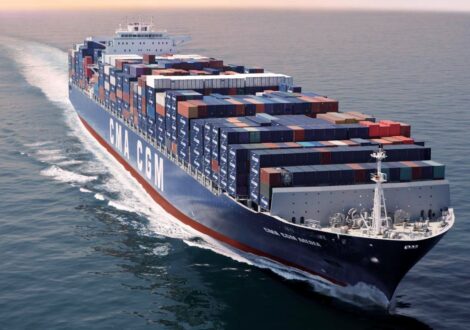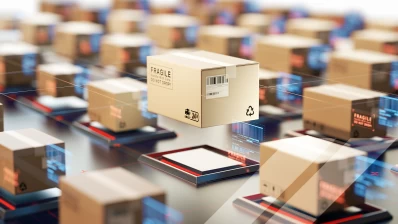- By TOP CHINA FREIGHT
- August 12, 2025
- Shipping
Shipping from China to Singapore is one of the most common trade routes in Southeast Asia. With Singapore’s position as a major global port and China’s role as the world’s manufacturing hub, the flow of goods between the two countries is constant. Whether you are an e-commerce seller, an importer, or a manufacturer, choosing the right shipping method and understanding the process can significantly reduce costs and improve efficiency.

1.Main Shipping Options from China to Singapore

Sea Freight
Sea freight is the most cost-effective choice for large or heavy shipments.
FCL (Full Container Load):
You book an entire 20ft or 40ft container. Ideal for high-volume cargo.
LCL (Less than Container Load):
You share container space with other shippers. Perfect for smaller loads.
Advantages:
Lowest cost per cubic meter for large shipments
Suitable for almost all cargo types
Considerations:
Longer transit time compared to air
Requires proper packaging to withstand sea transport

Air Freight
Air freight is preferred when speed is a priority.
Advantages:
- Fastest transit time (2–5 days)
- Lower risk of damage
- Ideal for perishable goods or urgent deliveries
Considerations:
- Higher cost compared to sea freight
- Limited space for oversized cargo

Express Courier
Express services like DHL, FedEx, UPS, and SF Express are perfect for small parcels and e-commerce.
Advantages:
- Fastest delivery (as short as 24–72 hours)
- Simple customs clearance
- Full tracking service
Considerations:
- High cost per kilogram
- Best for shipments under 50 kg
2.Customs Clearance in Singapore
To ensure smooth entry of goods into Singapore, correct documentation is essential.
Required Documents:
- Commercial Invoice
- Packing List
- Bill of Lading (sea freight) / Air Waybill (air freight)
- Certificate of Origin (if required)
- Import Permits for restricted goods
Taxes & Duties:
Goods valued above SGD 400 are subject to Goods and Services Tax (GST)
- GST rate in 2025: 9%
- Additional duties may apply for alcohol, tobacco, and motor vehicles
3.Major Chinese Ports for Singapore Shipments
- Shanghai Port – Largest port in the world, high frequency to Singapore
- Shenzhen Port – Convenient for goods from South China
- Ningbo-Zhoushan Port – Major hub for East China
- Xiamen Port – Fast routes for Southeast Asia
4.Step-by-Step Shipping Process from China to Singapore
1.Choose Shipping Method – Based on budget, cargo size, and urgency
2.Select a Freight Forwarder – Experienced in China–Singapore trade
3.Prepare Cargo – Packaging, labeling, and palletizing if needed
4.Arrange Pickup & Export Clearance in China
5.Main Transport – Sea, air, or express courier
6.Customs Clearance in Singapore
7.Final Delivery – Warehouse or direct to customer
5.Cost Factors to Consider
- Shipping mode (sea, air, express)
- Cargo weight and volume
- Origin and destination ports
- Seasonality (peak seasons cost more)
- Additional services (insurance, packaging, warehousing)
6.Tips to Save Money and Time
Secure better rates before peak season
They can negotiate better rates and handle paperwork
Combine orders to reduce LCL costs
FOB or EXW depending on control and responsibility
Final Thoughts
Shipping from China to Singapore is fast, reliable, and supported by well-established trade routes. Choosing the right shipping method, preparing accurate documents, and working with a professional freight forwarder will help you save both time and money. Whether you prioritize speed, cost, or convenience, there is a solution to match your needs.
Ask for a quote
Are you ready shipping from China to Singapore?
Contact TJ China Freight for a fast, accurate, and competitive shipping quote.
FAQs
Q1: What documents are needed for customs clearance?
Commercial Invoice, Packing List, Bill of Lading or Air Waybill, Certificate of Origin, Import permits (if applicable).
Q2: What are the customs duties for shipping to France from China?
Insurance is highly recommended to cover damage, loss, or theft during transit.
Q3:What is the cheapest shipping method?
Sea freight (LCL or FCL) generally offers the lowest cost for large shipments.
Q4: Can I ship any goods from China to Singapore
Some goods are restricted or prohibited (e.g., firearms, some chemicals). Always check regulations before shipping.
Q5:Are there taxes or duties to pay in Singapore?
Yes, goods over SGD 400 attract 9% GST. Some items have additional excise duties.
